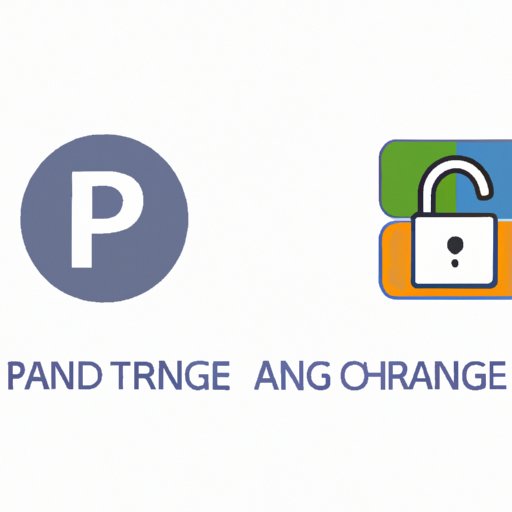
How to Change IP Address: A Comprehensive Guide
Every device connected to a network has a unique identifier known as an IP address. This address enables communication between devices and allows the internet to function. However, an IP address also serves as a digital signature, and it can be used to track your online activity. In this article, we will explore the different reasons for changing an IP address, various methods to change it, and offer troubleshooting tips if you encounter any problems.
Reasons to Change IP Addresses
Privacy concerns are one of the most popular reasons for someone to consider changing their IP address. Advertisers and hackers might try to track your online activity, and your IP address can give them access to sensitive data. By changing your IP address, you can increase your privacy online and prevent unwanted tracking.
Changing an IP address can also help bypass geolocation restrictions. Some websites and online services are unavailable in certain countries, regions, or even organizations. If you can change your IP address to match a different location, you can bypass these restrictions and access the content you need.
However, it’s essential also to consider relevant legal and ethical issues when changing your IP address. In specific cases, it might be illegal to change your IP address, and doing so might impact your online security negatively. Make sure to research your local laws and regulations before changing your IP address.
Methods to Change IP Addresses
We will discuss the three main methods to change your IP address in this section – changing IP address on different operating systems, using a proxy server, VPN, or Tor.
Changing IP Address on Different Operating Systems
If you want to change your IP address on your computer, you can do so by following a few simple steps. The process will vary slightly depending on your operating system:
Windows:
- Open the Command Prompt by either searching for “cmd” or pressing the Win+R keys and typing “cmd.”
- Type “ipconfig /release” into the Command Prompt.
- Type “ipconfig /renew” into the Command Prompt.
Mac OS X:
- Click on the Apple icon in the top left corner of the screen and select “System Preferences.”
- Click on “Network.”
- Select the network that you want to configure from the list on the left.
- Click on the “Advanced” button at the bottom right corner of the window. Then, click on the “TCP/IP” tab.
- Click on “Renew DHCP Lease.”
Proxy Server, VPN, or Tor
The two most popular ways to change your IP address are using a proxy server, VPN, or Tor. Each method has its pros and cons:
Proxy Server
A proxy server is an intermediary server that acts as a gateway between your device and the internet. By using a proxy server, your IP address will appear as the server’s IP address, keeping your identity hidden. However, not all proxies encrypt your online traffic, and some free proxies might even contain malware. It’s always essential to use a reputable proxy server to ensure your safety.
VPN
A virtual private network (VPN) is a popular way to change your IP address and encrypt your online traffic. By using a VPN, your internet connection will route through the VPN server, making your IP address appear as the server’s IP address. Moreover, VPN offers better privacy and security because it encrypts all your online traffic. Most VPN services offer various servers worldwide, making it easy to bypass geolocation restrictions. However, the downside of using a VPN is that it may slow down your internet connection and require a subscription fee.
Tor
The Onion Router (Tor) is a free, open-source software that helps you remain anonymous online by redirecting your internet traffic through a network of servers operated by volunteers worldwide. Tor is popular because it offers anonymity, prevents websites from tracking your online activity, and encrypts your online traffic. However, Tor’s bandwidth is limited, and using it may slow down your internet connection.
Popular VPN Services
If you want to use a VPN service, there are many options available. Here are some of the most popular VPN services:
- ExpressVPN
- NordVPN
- CyberGhost
- Surfshark VPN
Each VPN service has its features and pricing, so make sure you research different providers and select one based on your needs and budget.
Troubleshooting
If you encounter problems changing your IP address, there might be various causes. Here are some tips for troubleshooting:
- If you’re using a VPN, make sure you’re connected to the internet
- Double-check that you’re using the correct login credentials for your VPN provider
- Restart your router to reset the IP address
- Check your antivirus and firewall settings to ensure they’re not blocking your connection
In case your VPN connection drops, make sure to turn off your internet connection manually to avoid data leaks. Then, reconnect to the VPN and continue browsing as usual.
Conclusion
Changing your IP address has numerous benefits, such as increased privacy and bypassing geolocation restrictions. However, before changing your IP address, make sure to research the legal and ethical implications of doing so. If you decide that changing your IP address is the right solution for you, there are many reliable methods available depending on your needs and budget. We hope this article has offered you insight into the different ways you can change your IP address.





